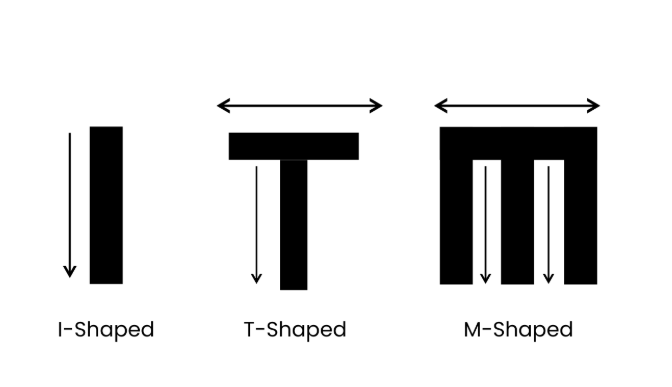
Standing on the Shoulders of Giants: How Experts Can Help You Innovate
Standing on the Shoulders of Giants: How Experts Can Help You Innovate
Isaac Newton famously said, “If I have seen further [than others], it is by standing on the shoulders of giants.”
In innovation, we are always standing on the shoulders of giants. Only by leveraging others’ knowledge and discoveries can we continue to push the boundaries of what is possible.
At PCDworks, we don’t pretend to know everything, but even when we don’t know something, we know we can find someone who does. One of our greatest strengths is our ability to find and recruit the help of experts.
Consulting experts can save you a lot of time, money, and headaches in the innovation process, so let’s talk about the best way to get a leg up from these giants upon whose shoulders we stand.
Why You Need an Expert
First, let’s clarify what an “expert” is. An expert is someone world-class, at the top of their field. Their knowledge is both specific and incredibly deep. They don’t just know a little something about the designated topic. They have lived and breathed it for many years.
An expert is a person who has found out by his own painful experience all the mistakes that one can make in a very narrow field.
—Niels Bohr
What makes experts so valuable is their tacit knowledge. Anybody can access explicit knowledge with some work and research. Tacit knowledge, on the other hand, must be earned over time and with experience. It can be the hardest knowledge to tap into because those who possess tacit knowledge are often not conscious of it. You’ve probably heard the saying, “You don’t know what you don’t know.” In the case of experts and tacit knowledge, they don’t know what they do know, because it is so ingrained and innate that they don’t realize how valuable it is.
Tacit knowledge is absolutely crucial to innovation. It’s like a cheat code or a shortcut. It can prevent you from wasting resources on impractical solutions and enlighten you to new possibilities you didn’t know existed.
When to Ask for Expert Help
Expert help is almost always welcome, but there are three specific times when you should consider actively searching it out:
- During solution ideation: After you’ve identified a good problem to solve, you can begin brainstorming potential solutions. Your success in this phase largely depends on your ability to broaden the solution set. The more ideas you can come up with, the greater your odds of discovering one that is both innovative and achievable. Think of your solution set like a Venn diagram. All of your knowledge represents one circle. By bringing in an expert, you add another large circle to your solution set. There will be some overlap in the knowledge, but the expert will also bring new knowledge, and you might just find your solution in that area.
- When you have a dominant know-it-all: Innovation is a collaborative process. Sometimes, intellectual bullying occurs. Someone who thinks they know it all will dominate conversations, stifling innovative thought. Bringing in an outside expert can disrupt the dynamic. When faced with a guru, the know-it-all will be dethroned from their self-appointed leadership position, allowing others to come forward.
- When you get stuck: When you hit a wall, instead of beating your head against it, consult an expert. They can often help you get unstuck.
How to Get Expert Help
We’ve found that experts are often more than happy to help us expand upon their work. The key word there is expand. You can’t go in expecting an expert to start from scratch with you. They’re more likely to help you if they’re interested in the topic of conversation, and the basics are not interesting to an expert. Before you reach out to an expert, you need to be fully prepared to speak their language.
Always research the problem on your own first. Not only will this help you speak the language, but it can also help you identify which experts to contact. Try to get as specific as possible. For example, on one project, we wanted to use a linear motor, which we had never designed before. We first called up the University of Wisconsin, because they have one of the best motor programs in the world. Our contact there explained, “We do rotating motors. You have to go to Europe for linear motors.” So we did more research and found an expert based in Romania who specialized in linear motors.
Be humble and respectful when you reach out to an expert. As part of your research, study the expert’s published papers and books. In your conversations, demonstrate your knowledge through thoughtful questions, so they know you’re not wasting their time, but don’t forget who the real expert is.
To Succeed, Ask for Help
Steve Jobs once said that one thing separates those who do from those who just dream. Those who do are the ones who ask for help.
Given the state of our civilization’s intellectual and technological advancement, it is nearly impossible for one person to possess all the knowledge needed to innovate. The question isn’t if, but when you will benefit from expert knowledge. Don’t hesitate to ask for help. It may make all the difference between success and failure.

